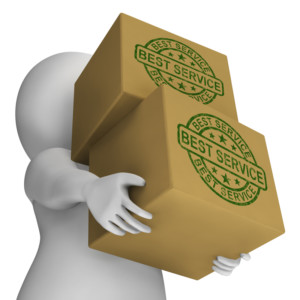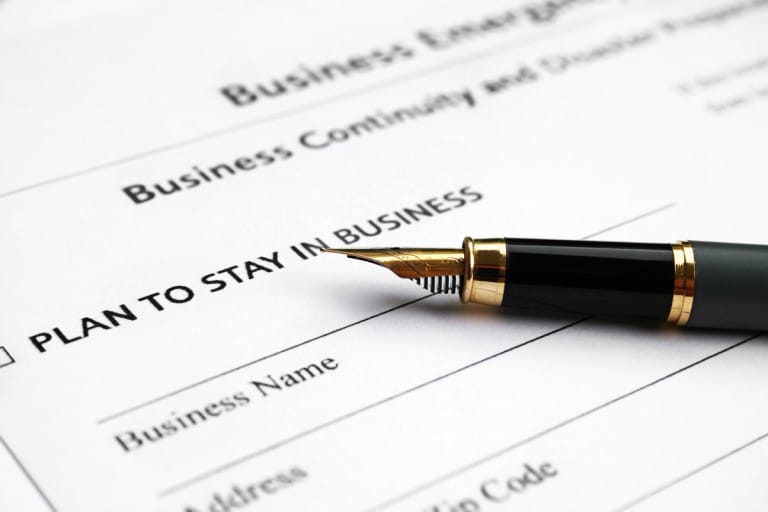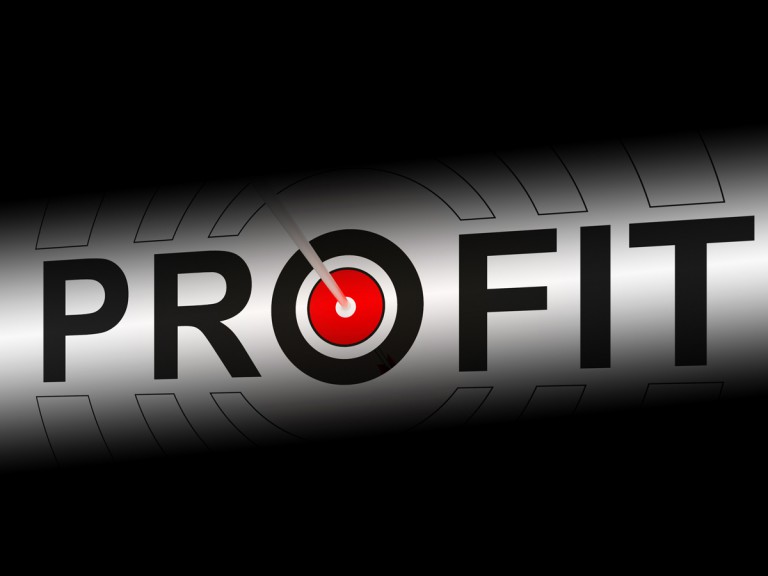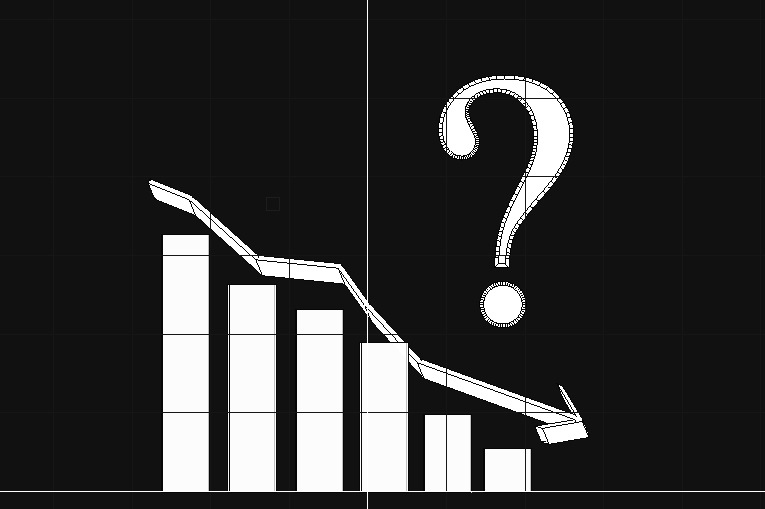[fusion_builder_container hundred_percent=”yes” overflow=”visible”][fusion_builder_row][fusion_builder_column type=”1_1″ layout=”1_1″ background_position=”left top” background_color=”” border_size=”” border_color=”” border_style=”solid” spacing=”yes” background_image=”” background_repeat=”no-repeat” padding=”” margin_top=”0px” margin_bottom=”0px” class=”” id=”” animation_type=”” animation_speed=”0.3″ animation_direction=”left” hide_on_mobile=”no” center_content=”no” min_height=”none” last=”no” hover_type=”none” link=”” border_position=”all”][fusion_text]
Questions to Ask before You Buy a Business
In the last article, we talked about things you should consider prior to buying a business. This time around, we’re going to look at some questions to ask before you buy a business.
Products & Services
1) May I have a list of products & services?
 You may have an idea of the products and services you’ll be providing. However, you’ll want to dig a bit deeper than the mere surface. If you’re selling products, you’ll want to know the brands.
You may have an idea of the products and services you’ll be providing. However, you’ll want to dig a bit deeper than the mere surface. If you’re selling products, you’ll want to know the brands.
2) What are your best sellers?
If you already have a low hanging fruit, you’ll want to be prepared to meet the demand. You’ll also want to have an idea of the life cycle of any products the business sells. You’ll also want to find about your seasonal products and services. Inventory cost money, and you don’t want an excess.
3) Who are your vendors?
Beware, the relationships the seller has with vendors may not transfer over to you. You’ll want to get a list of the vendors and start establishing new relationships well before the transfer of the business.
Financials
4) How did you arrive at your asking price?
Sometimes the listing price sounds too good to be true. Maybe it is… but maybe there’s an underlying cause. On the other hand, it might seem the owner has lost his/her mind with too high of a price. Again, you’ll want to know the rationale. Maybe it is justified. In the end, you’ll want to have your own valuation of the business done to ensure you’re getting your money’s worth.
5) How do you document your business’s financials? (Expenses, Revenue, Assets, Liability, etc.)
You’ll want to know how well kept the books are. A business owner should be able to produce profit & loss statements, balance sheets, and prior year tax returns at a minimum. They should also be willing to share them with you prior to you make your business
decision. If the owner is unwilling or unable, it’s a red flag. The owner may be hiding the business is in financial stress or at least suggest you may be walking into a financial mess.
6) What assets are included in the transfer?
 Often, the major cost of purchasing a business are intangible assets. That is goodwill, brand recognition, etc. However, the business may also include fixed or current assets. Assets may include Furniture, Fixtures, and Equipment (FF&E), inventory, and/or real estate. You’ll also want to get the market value on the assets If you need a business loan, the tangible assets will give you some leverage.
Often, the major cost of purchasing a business are intangible assets. That is goodwill, brand recognition, etc. However, the business may also include fixed or current assets. Assets may include Furniture, Fixtures, and Equipment (FF&E), inventory, and/or real estate. You’ll also want to get the market value on the assets If you need a business loan, the tangible assets will give you some leverage.
7) Are there any business assets you’re willing to sell separately from the business?
Sometimes the seller will hold back assets which are beneficial or crucial to the success of the business. For example, a bar without any alcohol or a plumbing company without the service vehicle. Sometimes the seller will exclude assets to make the price more attractive. Other times, the seller may not have the legal authority to sell the assets, as may be the case with a leased location. Regardless of the reason, you’ll need to factor needed assets into your overall cost.
8) What percentage of the purchase price are you willing to seller finance?
 As I mentioned in this and the previous post, a large percentage of the asking price can be in the form of intangible assets. I often tell entrepreneurs looking for lending that banks lend money on things they can take away from you. As much as a bank would love to, they can’t extract intangible assets out of a business. As such, intangible assets are difficult to finance. If you’re able to get the seller to finance some or all of the intangible assets, you might have a better shot at getting a loan for the tangible assets.
As I mentioned in this and the previous post, a large percentage of the asking price can be in the form of intangible assets. I often tell entrepreneurs looking for lending that banks lend money on things they can take away from you. As much as a bank would love to, they can’t extract intangible assets out of a business. As such, intangible assets are difficult to finance. If you’re able to get the seller to finance some or all of the intangible assets, you might have a better shot at getting a loan for the tangible assets.
9) What debts and/or liabilities are included with the transfer?
In certain situations, debts and liabilities can follow the buyer. For example, a corporation is a separate entity from the owners, which are called shareholders. As a separate entity, the corporation is responsible for its debts and liabilities. That being the case, those debts and liabilities can follow the corporation when you purchase the shares. You’ll want to be sure what you’re getting into and possibly have the owner clear up any debts and/or liabilities prior to the transfer.
10) What are you cost of goods sold and other expenses?
Don’t be blinded by huge revenue numbers. Depending on the industry you may find your cost of goods and other expenses eat up a huge chuck of the revenue. As such, a business bringing in half million dollars in revenue might be with a measly cash flow of only $50,000 for all the effort. Though the financial information you request should show this, you’ll want to be aware that high sales doesn’t necessarily mean high net profit.
To be Continued
By now, you know how I am about long winded posts. So, stay tuned tomorrow for more questions to ask. I’ll be cover employees and customers.[/fusion_text][/fusion_builder_column][fusion_builder_column type=”1_1″ layout=”1_1″ background_position=”left top” background_color=”” border_size=”” border_color=”” border_style=”solid” spacing=”yes” background_image=”” background_repeat=”no-repeat” padding=”” margin_top=”0px” margin_bottom=”0px” class=”” id=”” animation_type=”” animation_speed=”0.3″ animation_direction=”left” hide_on_mobile=”no” center_content=”no” min_height=”none” last=”no” hover_type=”none” link=”” border_position=”all”][fusion_tagline_box shadow=”no” shadowopacity=”0.7″ border=”1px” highlightposition=”top” content_alignment=”left” link=”http://backboneamerica.com/work-with-me” linktarget=”_self” button=”Book your free session” title=”Are you prepared to make that purchase?” description=”Let’s work on a strategic plan.” animation_type=”0″ animation_direction=”down” animation_speed=”0.1″ /][fusion_text][fusion_separator style_type=”shadow” hide_on_mobile=”small-visibility,medium-visibility,large-visibility” class=”” id=”” sep_color=”” top_margin=”” bottom_margin=”” border_size=”” icon=”” icon_circle=”” icon_circle_color=”” width=”” alignment=”center”][/fusion_separator]
 [/fusion_text][/fusion_builder_column][/fusion_builder_row][/fusion_builder_container]
[/fusion_text][/fusion_builder_column][/fusion_builder_row][/fusion_builder_container]




